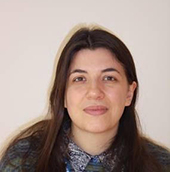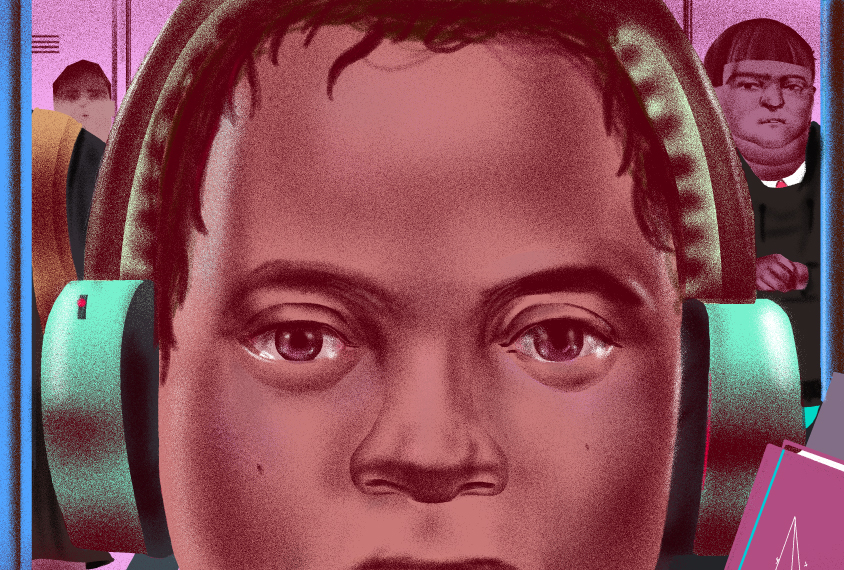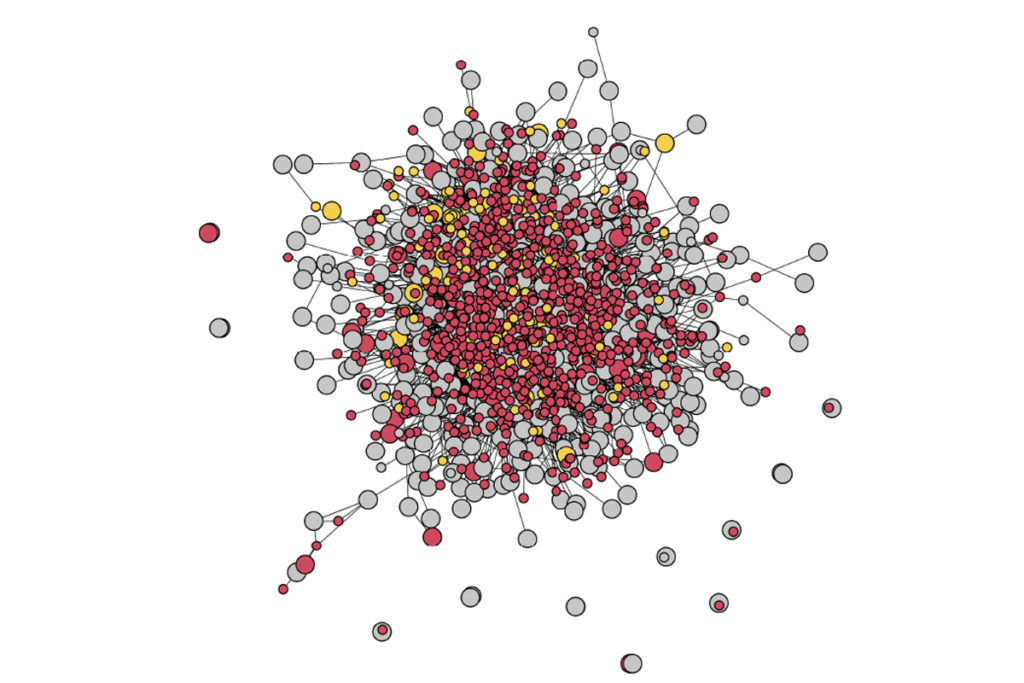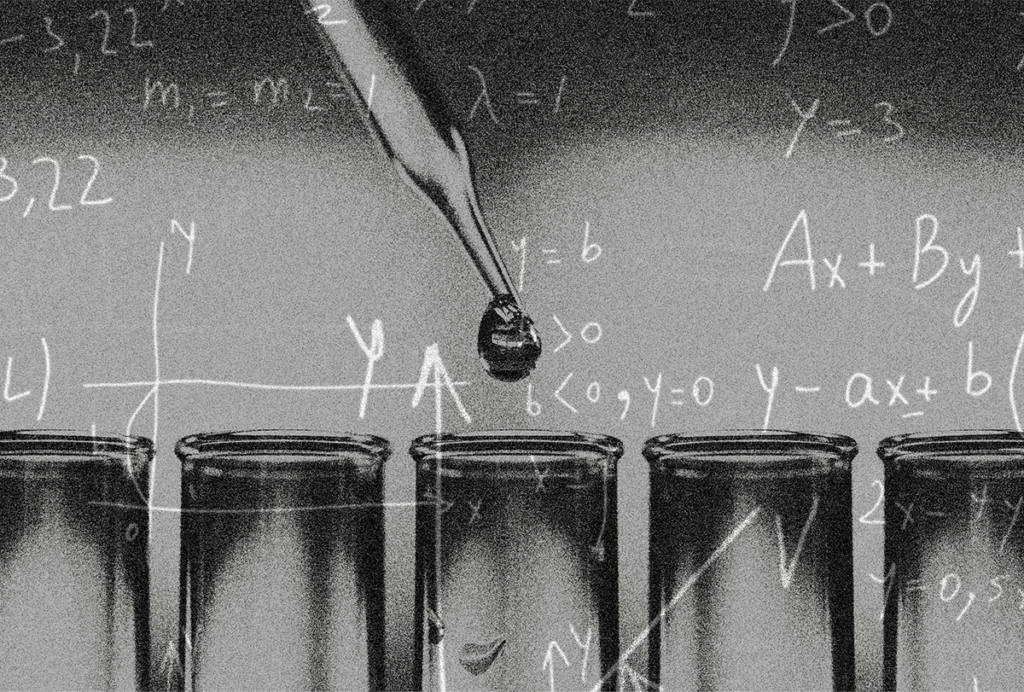Rachel Holden is a clinical psychologist at the South London and Maudsley NHS Foundation Trust in the United Kingdom.

Rachel Holden
Clinical psychologist
South London and Maudsley NHS Foundation Trust
From this contributor
Why it is imperative to ask autistic adolescents about bullying
Being bullied puts adolescents with autism at increased risk of suicide. Identifying and preventing bullying may help prevent suicides.

Why it is imperative to ask autistic adolescents about bullying
Explore more from The Transmitter
Sequencing study spotlights tight web of genes tied to autism
The findings, shared in a preprint, help to illuminate how a large and heterogeneous group of genes could be involved in autism.

Sequencing study spotlights tight web of genes tied to autism
The findings, shared in a preprint, help to illuminate how a large and heterogeneous group of genes could be involved in autism.
Alison Preston explains how our brains form mental frameworks for interpreting the world
Preston discusses her research examining differences in how children, teenagers and adults integrate new information into their memories.
Alison Preston explains how our brains form mental frameworks for interpreting the world
Preston discusses her research examining differences in how children, teenagers and adults integrate new information into their memories.
Calculating neuroscience’s carbon cost: Q&A with Stefan Pulver and William Smith
The two scientists discuss how to estimate a research project’s carbon emissions, from supply procurement to energy usage.

Calculating neuroscience’s carbon cost: Q&A with Stefan Pulver and William Smith
The two scientists discuss how to estimate a research project’s carbon emissions, from supply procurement to energy usage.